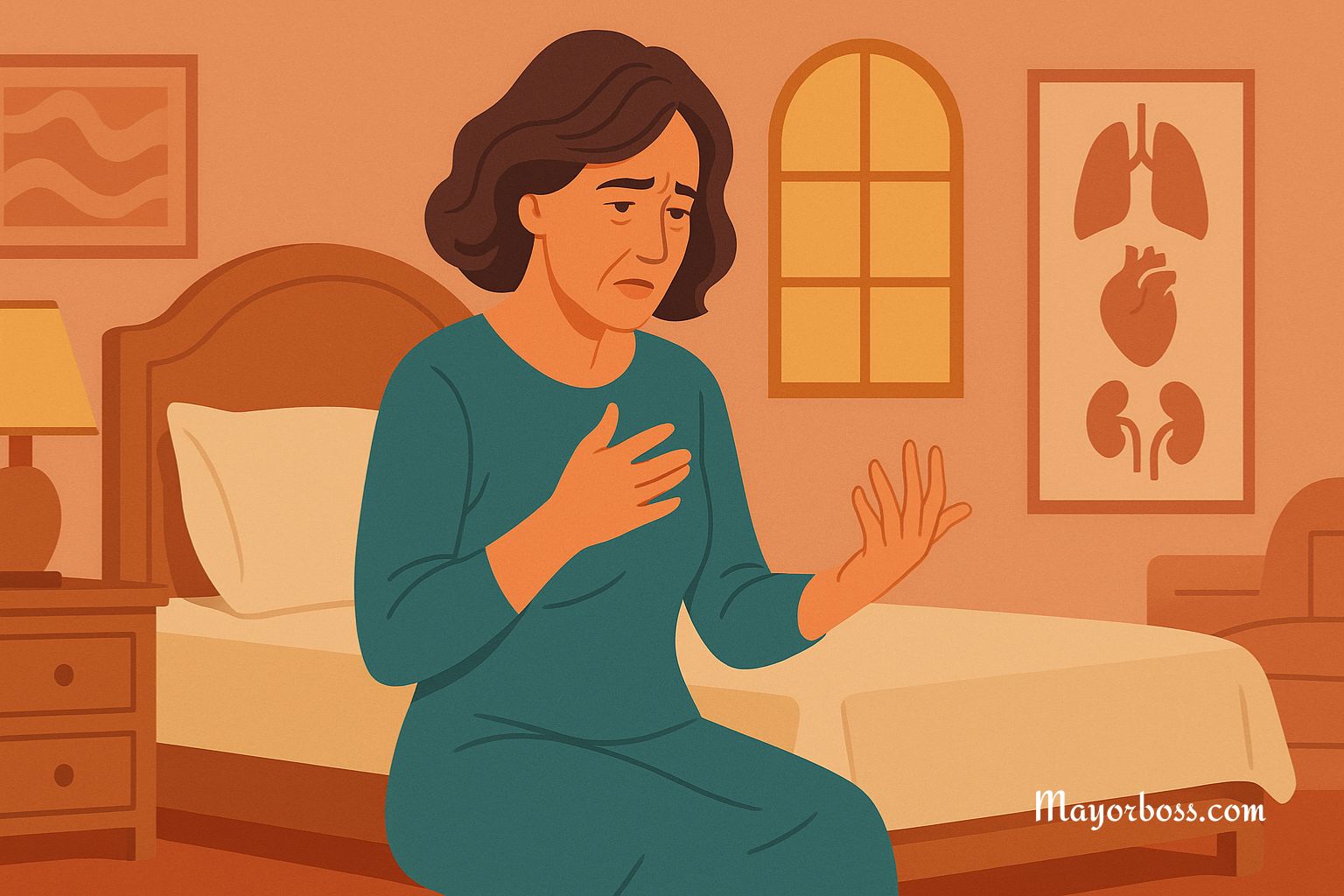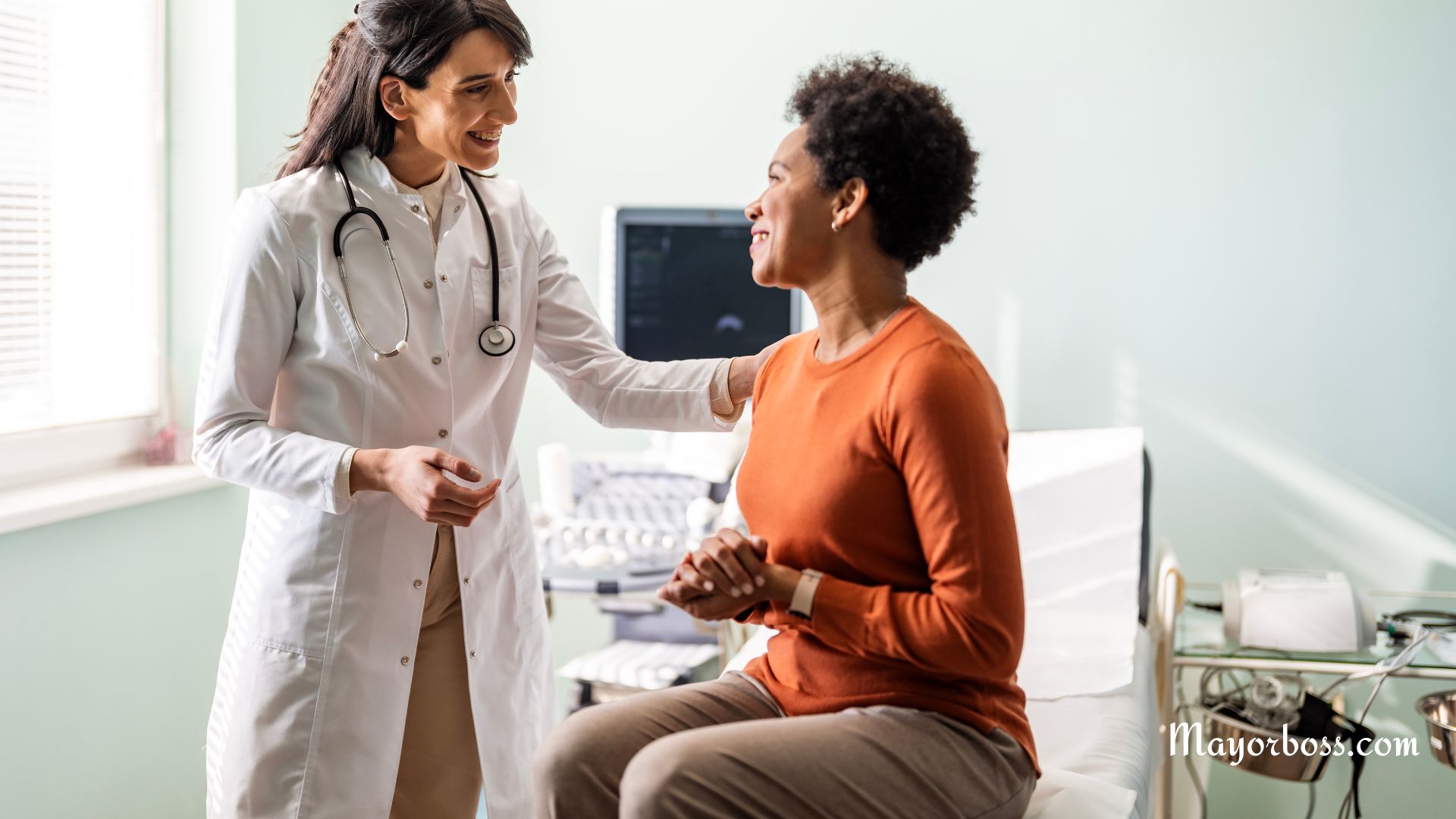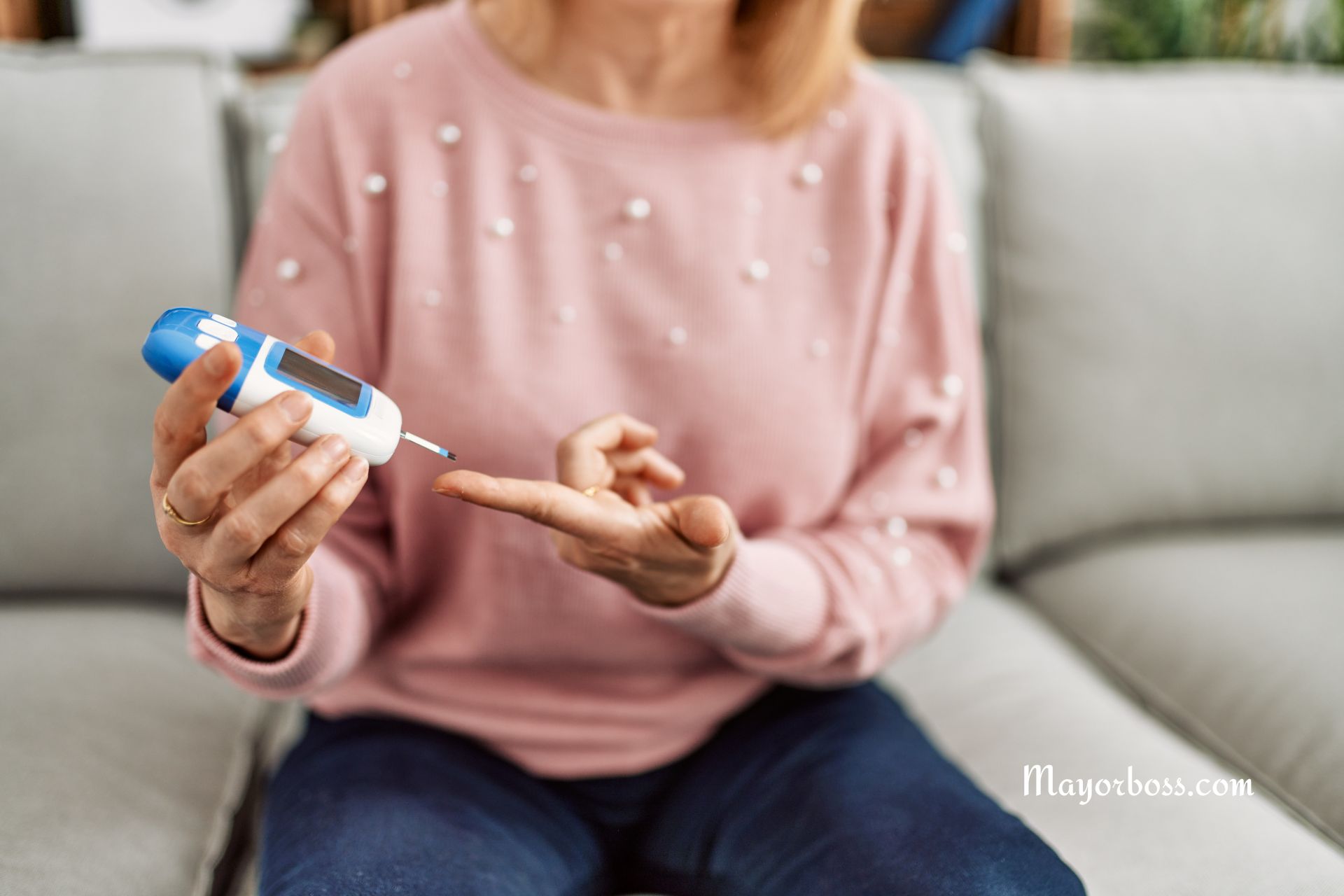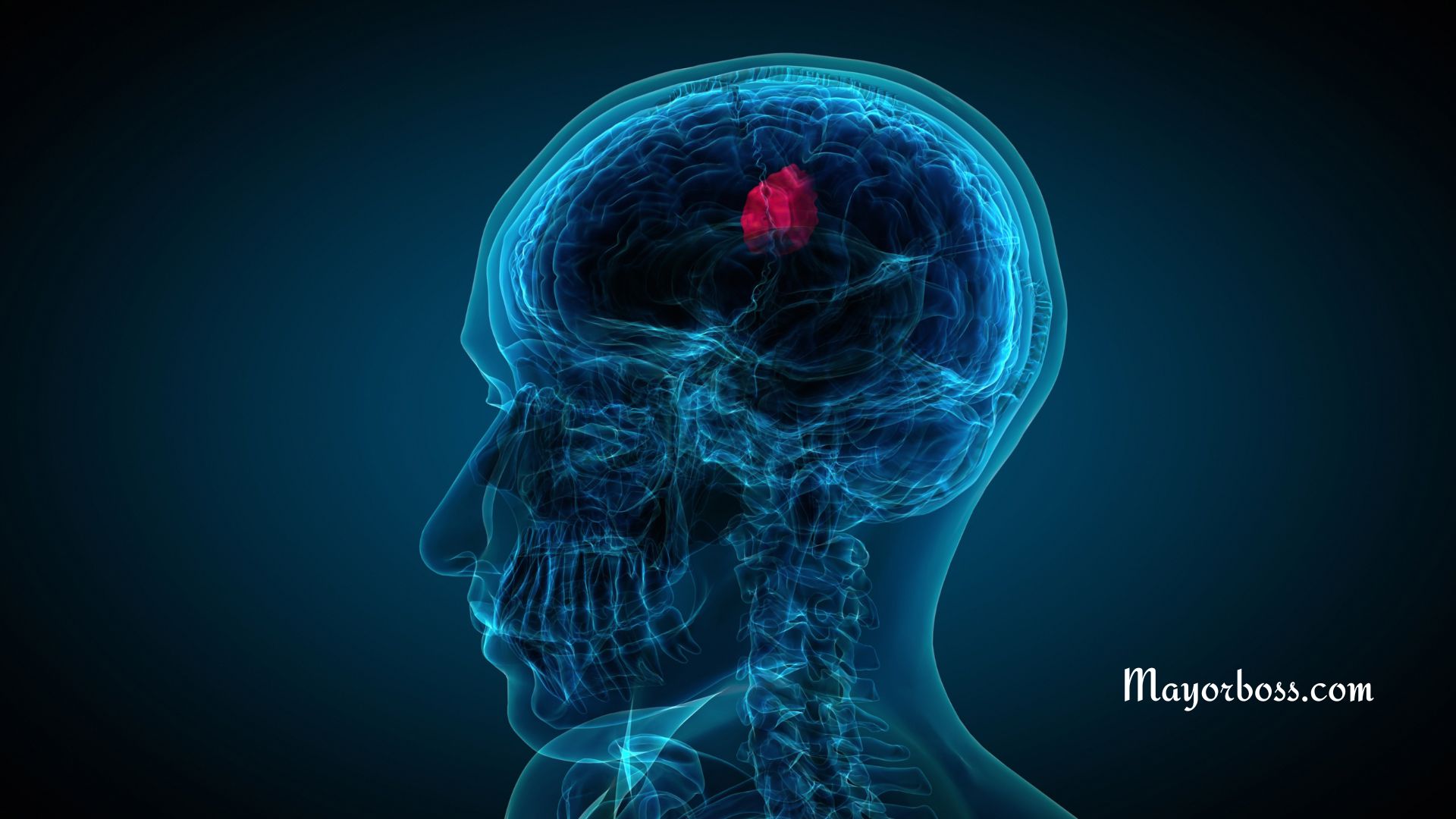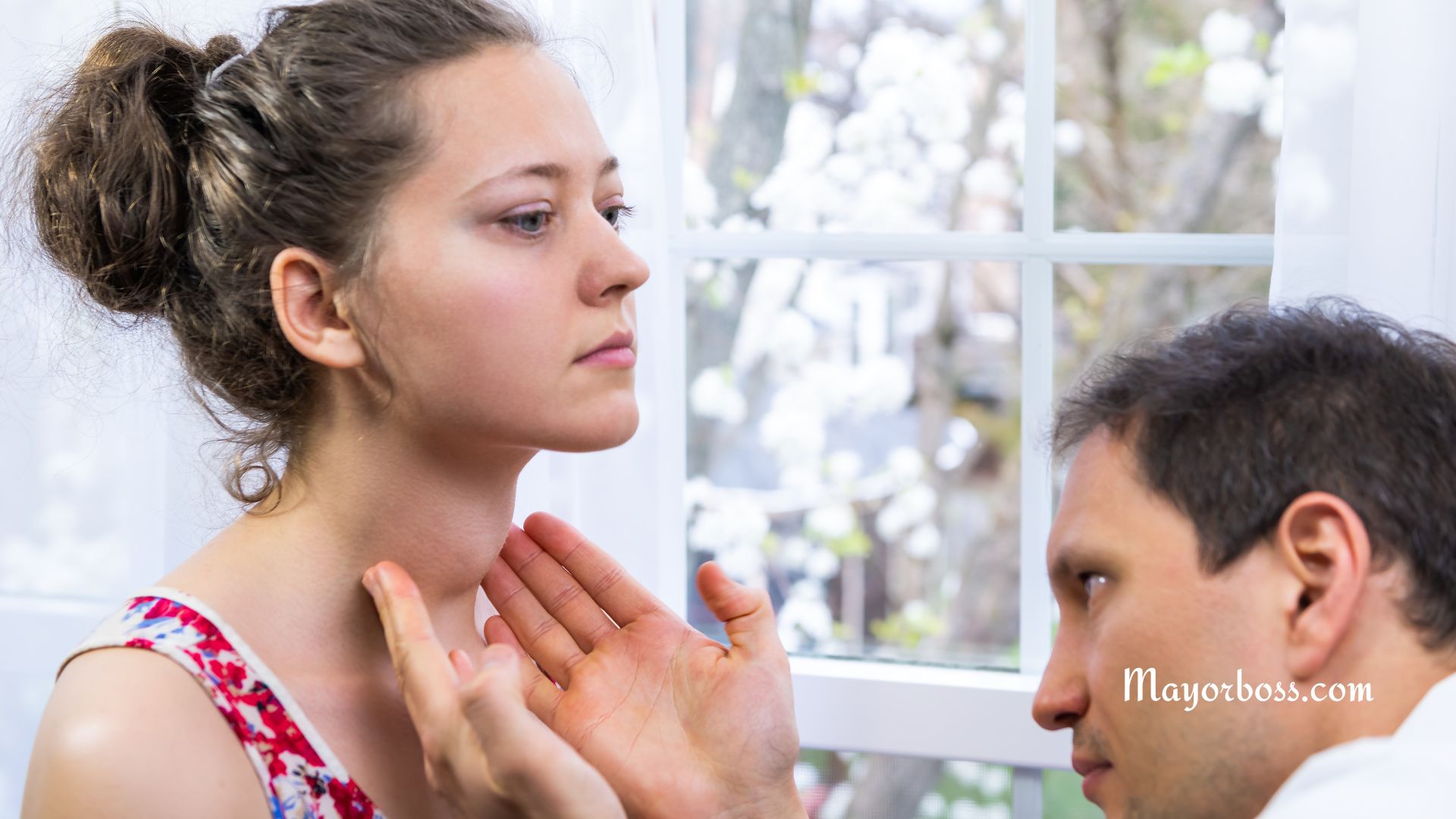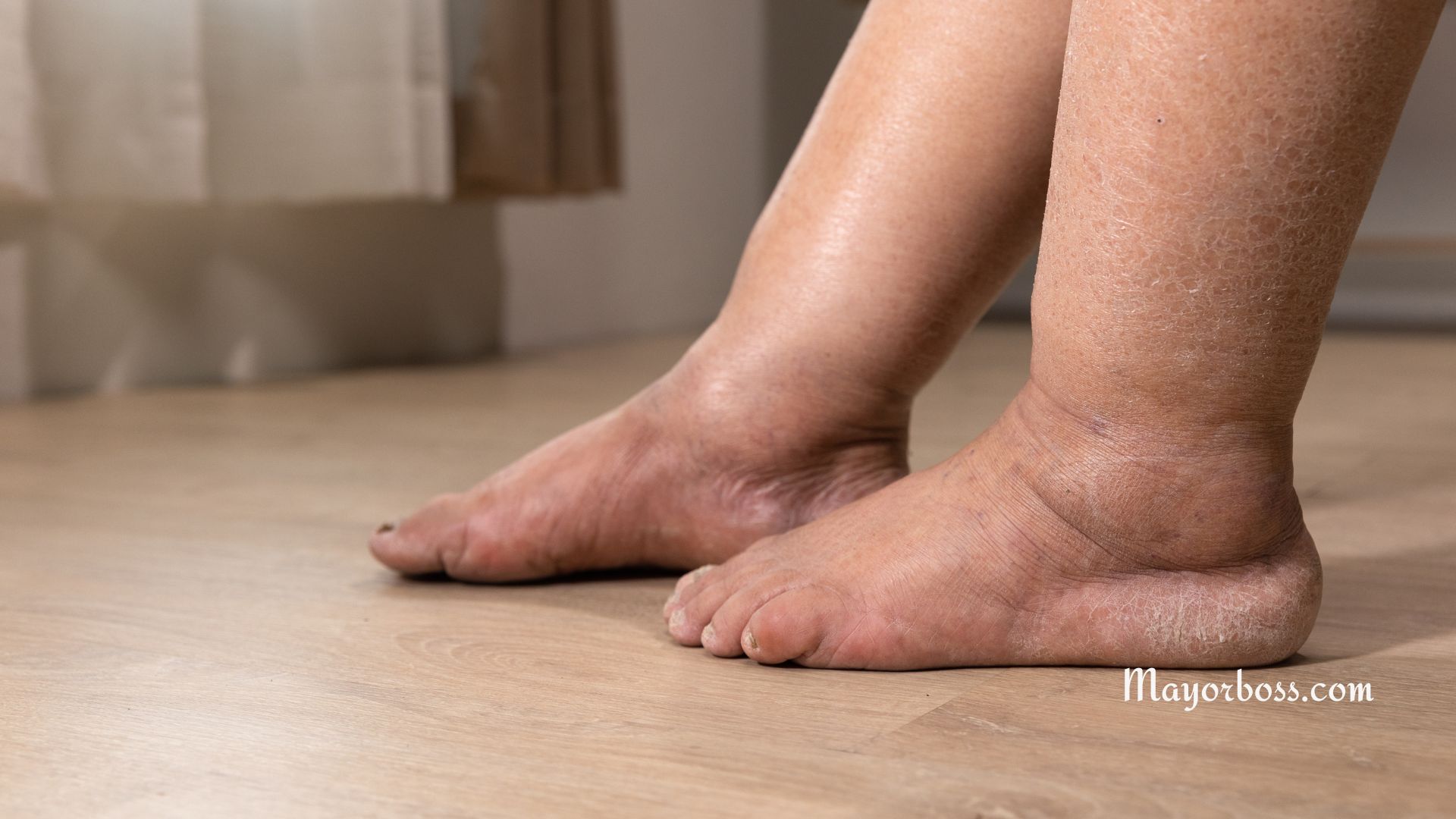What Is Monkeypox? – Everything You Need to Know
Monkeypox. If you’re like most people, you’ve probably heard about it in the news and thought, “What on earth is that?” It sounds like something from a sci-fi movie, but it’s a real disease. And yes, it’s worth knowing about, especially with everything going on in the world today. So, let’s look closely into what monkeypox is, how it spreads, what symptoms to watch for, and most importantly, how you can protect yourself and your loved ones.
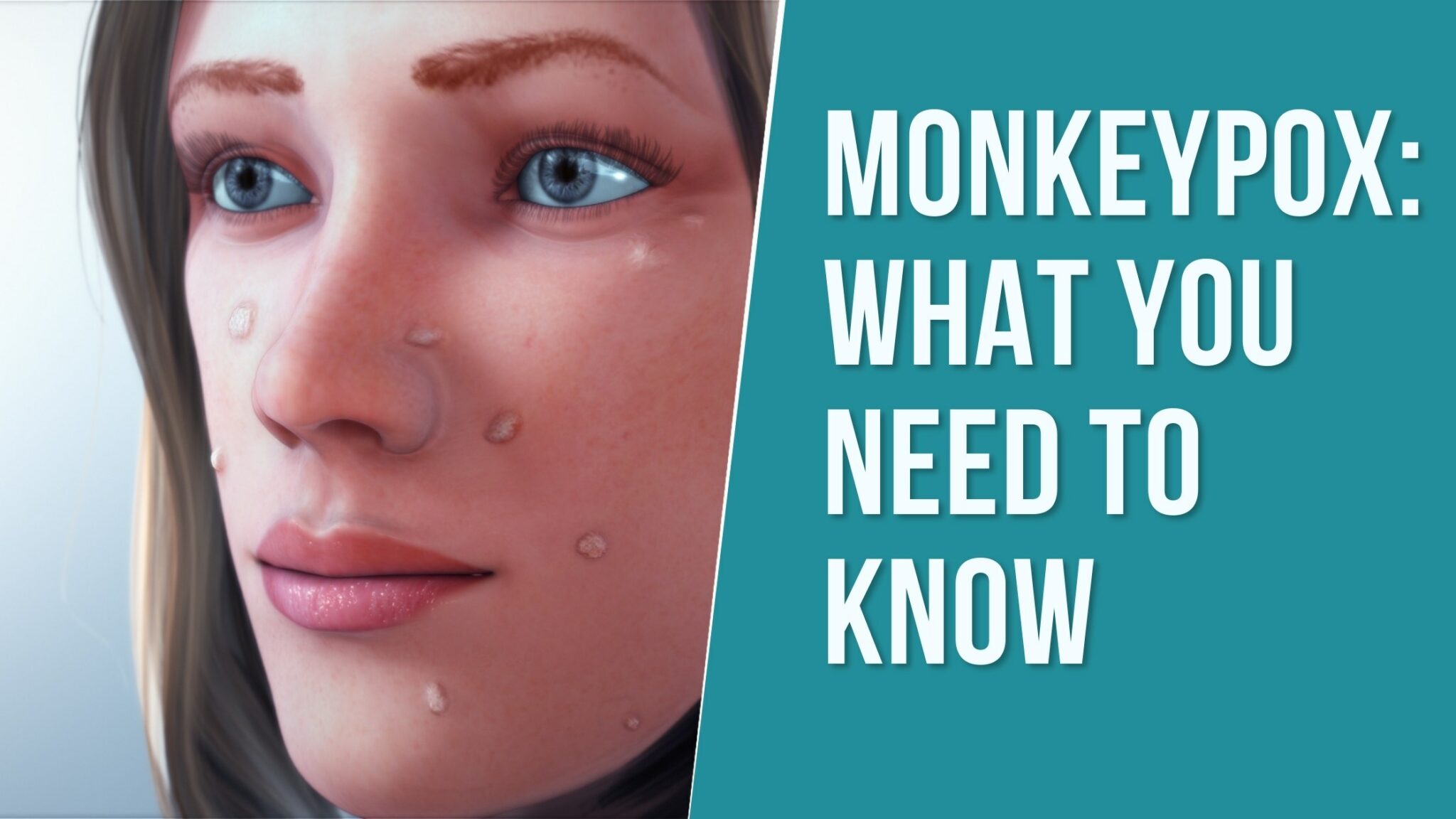
What Is Monkeypox?
Alright, let’s break it down. Monkeypox is a rare viral disease that’s actually in the same family as smallpox. But don’t worry—it’s generally much milder and not nearly as deadly. According to the World Health Organization (WHO), the name “monkeypox” comes from the fact that it was initially discovered in monkeys back in 1958 in a Danish laboratory. But here’s the thing: the first human case wasn’t found until 1970 in the Democratic Republic of the Congo, according to National Geographic.
You’ll mostly find monkeypox in Central and West Africa, but there have been cases popping up in other parts of the world, too, especially when people come into contact with infected animals or other people who have it. While it’s not something you need to lose sleep over, it’s still good to know what you’re dealing with, especially if you’re traveling or live in an area where the virus has been detected.
How Does Monkeypox Spread?
So, how does monkeypox actually spread? Is it something you can catch easily? The short answer is no. It’s not as contagious as something like the flu or COVID-19. But it can spread, so let’s talk about how that happens.
1. Animal-to-Human Transmission
The most common way people get monkeypox is from animals. This can happen if you come into direct contact with the blood, bodily fluids, or even skin lesions of an infected animal. So, if you’re handling an animal that has the virus or if you’re eating undercooked meat from an infected animal, you could be at risk.
2. Human-to-Human Transmission
Yes, according to the CDC, monkeypox can spread from one person to another, but it usually requires close, prolonged contact. It spreads through respiratory droplets, like when you’re in close face-to-face contact with someone. It can also spread if you touch bodily fluids or skin lesions of an infected person or even by sharing contaminated objects like bedding or clothing.
3. Contaminated Objects
The virus can hang around on surfaces and objects, so if you touch something that’s contaminated and then touch your face or mouth, there’s a chance you could get infected. But again, this kind of spread isn’t super common.
So, while monkeypox can spread, it’s not something that happens super easily. You’re most at risk if you’re in close contact with someone who’s already showing symptoms.
What Are the Symptoms of Monkeypox?
Okay, let’s talk about symptoms. If you’re going to spot monkeypox, you need to know what to look for. According to the Centers for Disease Control and Prevention (CDC), and National Health Service, the symptoms usually show up between 5 and 21 days after you’ve been exposed to the virus. Here’s what typically happens:
Initial Symptoms
The first signs of monkeypox are a lot like the flu. You might get a fever, headache, muscle aches, and just feel really tired. Some people also notice swollen lymph nodes, which is a pretty good indicator that it could be monkeypox since other similar diseases don’t usually cause that.
Rash Development
A few days after those initial symptoms, a rash starts to show up. It usually begins on your face and then spreads to other parts of your body, like your hands, feet, and chest. The rash goes through different stages—it starts as flat spots, then turns into raised bumps, and eventually becomes fluid-filled blisters that scab over before they heal. According to the CDC, if you have rash symptoms, visit a healthcare provider.
Duration
The whole process, from the first symptoms to the rash clearing up, usually takes about 2 to 4 weeks. During this time, the person is contagious, so it’s important to keep your distance if someone has monkeypox. The good news is that most people recover without needing any special treatment, though some cases can be more severe.
How Is Monkeypox Diagnosed and Treated?
If you think you might have monkeypox or you’ve been exposed to someone who does, it’s important to see a doctor right away. Getting an early diagnosis can help manage your symptoms and stop the virus from spreading to others.
Diagnosis
Diagnosing monkeypox usually involves a lab test. The most common one is a PCR test, which looks for the virus’s DNA in a sample taken from your rash. Blood tests can also help by checking for antibodies that show whether you’ve had a recent or past infection.
Treatment
There’s no specific treatment for monkeypox right now, but don’t panic. Since it’s related to smallpox, doctors can use antiviral medications developed for smallpox, like Tecovirimat, especially in severe cases. For most people, though, it’s about managing the symptoms—staying hydrated, resting, and maybe taking some over-the-counter meds to help with the fever and pain.
In many cases, people with monkeypox get better on their own without needing much in the way of medical treatment. But while you’re recovering, it’s super important to stay isolated so you don’t spread the virus to others.
How Can You Protect Yourself from Monkeypox?
Now that you know what monkeypox is and how it spreads, let’s talk about how you can protect yourself. Here are some practical steps you can take:
Avoid Contact with Infected Animals
If you’re in an area where monkeypox is known to be present, steer clear of animals that could be infected, especially rodents and primates. And definitely avoid eating bushmeat, which is a common way the virus gets transmitted.
Practice Good Hygiene
This one’s simple but effective: wash your hands often with soap and water, especially after handling animals or anything that might be contaminated. If soap and water aren’t available, hand sanitizer is a good backup.
Avoid Close Contact with Infected People
If someone you know has monkeypox, it’s best to keep your distance until they’re fully recovered. This includes avoiding their bedding, clothing, and any other personal items that might be contaminated.
Consider Vaccination
The smallpox vaccine has been shown to offer some protection against monkeypox. In certain cases, like if you’re a healthcare worker or you’ve been exposed to the virus, you might be offered the vaccine to reduce your risk.
Wrapping It All Up
Even though monkeypox can sound scary, it’s generally not something to panic about. With the right knowledge and precautions, you can keep yourself and those around you healthy. So stay informed, and visit the Centers for Disease Control and Prevention website.

